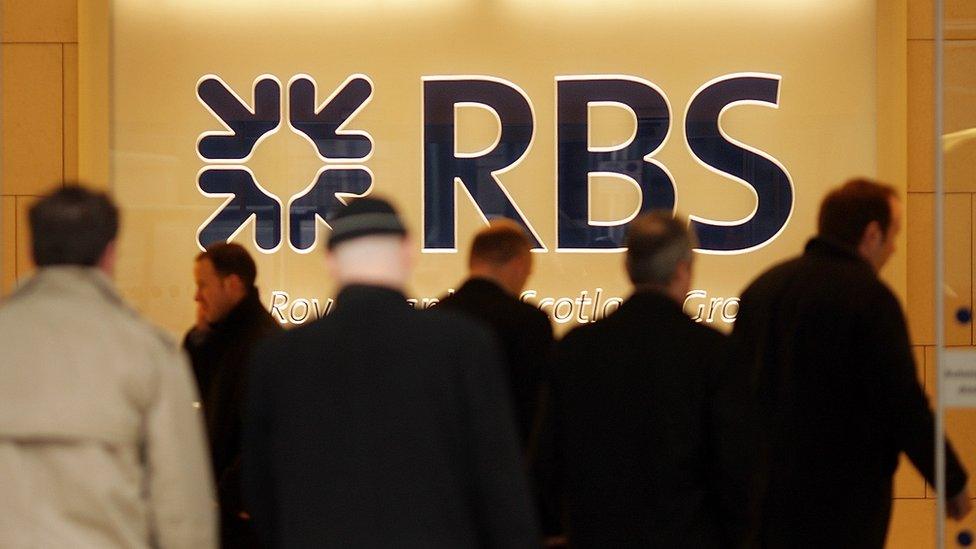RBS accused of mistreating businesses in leaked report
- Published
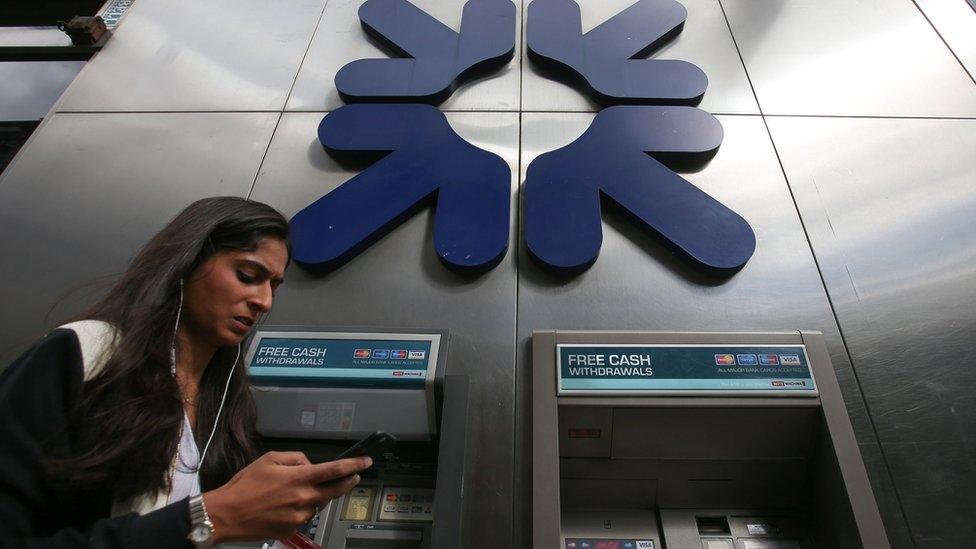
The RBS department set up to help companies in trouble mistreated many of its clients, a leaked report for the Financial Conduct Authority says.
It found some "inappropriate action" - such as interest charges being raised or unnecessary fees added - was experienced by 92% of viable firms seen by RBS's Global Restructuring Group.
GRG operated from 2005 to 2013 and at its peak handled 16,000 companies.
The banking giant denies systematic abuse of its customers.
GRG would step in when businesses had skipped a loan repayment, or seen their sales and profits dip notably and was marketed as an expert service that would turn around a business.
But the report, seen by the BBC, commissioned for the City watchdog, the FCA, found struggling companies that were placed in the recovery group had a slim chance of emerging from it.
It said just 10% returned intact to the main RBS bank.
As of the end of 2014, 69% of firms, were still in the successor to GRG, which was supposed to return them to health.
'An undertaker'
Many of those businesses remained tied into complex loans with the bank in the form of derivatives linked to interest rates, from which it is often too expensive to leave.
Others ended up in administration, liquidation or a trade sale. According to one BBC source, instead of getting firms back on their feet, GRG was more like their "undertaker".
The 361 page leaked report also says the bank provided only "narrow compliance" to investigators.
Sources told the BBC investigators would regularly ask for details from the bank on certain matters and RBS would only provide the absolute minimum information.
RBS disputes this though. It says it provided investigators with "circa 323 gigabytes of data, comprising more than 15 million physical pages and 270,000 emails."

'I became suicidal'
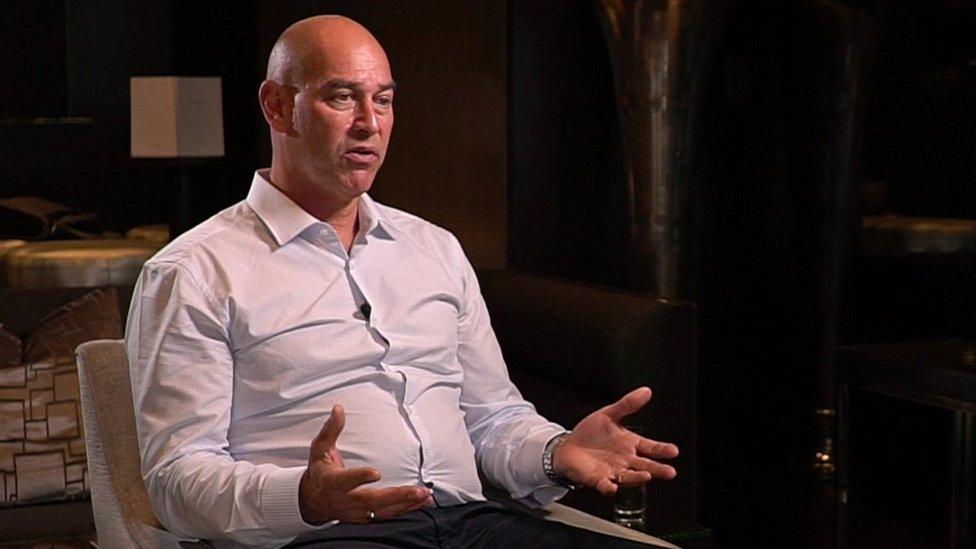
Mr Standish said he was "completely lost" when RBS took an 80% stake of his business
Tracy Standish ran a chain of 18 bowling complexes nationwide and banked with RBS for decades.
When sales dipped during the recession from 2008, his business was placed into the hands of GRG.
It applied a default charge of £100,000 to be paid immediately and raised the interest rate on some of his existing loans to 15% - greatly exacerbating Mr Standish's financial burden.
Mr Standish and his family had to surrender 80% of their company to the bank. He's now suing RBS.
He said he was "devastated" by the actions of the bank.
"It was to suddenly not know where to go, to be completely lost. It was like an out of body experience. I just really didn't know what had happened to my world, and where to go next." said Mr Standish, from Poole.
"I must have been in shock maybe for a month... That just descended into full blown depression.
"I had to be referred to a counsellor for treatment, I was prescribed anti-depressants. And I became suicidal, and was so, for some period."
RBS says that the Standish case was currently the subject of litigation and that the bank would be "vigorously defending these claims".

'Limited powers'
The FCA provided a summary of the main findings last November.
The full report calls for a fundamental review by RBS of how it handles its SME customers in financial distress' and RBS has already set up a £400m fund to compensate those customers mistreated by GRG.
The bank, which is 73% owned by the government, said it had apologised for previous mistreatment of some customers and had taken steps - agreed with the FCA- to put things right. That included a new complaints process overseen by a retired High Court Judge - and an automatic refund of complex fees paid by these customers.
The City watchdog also admitted that it may in fact lack the powers to take action when SMEs face mistreatment: "The activities carried out by GRG are largely unregulated; therefore, the FCA's powers are limited in this area.
"However, we are investigating issues raised by the Report which fall within our remit."
The issue of RBS's treatment of business customers was first raised in 2013 by Lawrence Tomlinson, the 'Enterprise Czar' for the then Business Secretary Vince Cable.
'Dreadful legacy'
Sir Vince, now the leader of the Liberal Democrats, said: "The story of GRG and RBS is a dreadful legacy.
"This happened a decade ago but the banks continued refusal to accept copious evidence that good firms were driven out of business to boost the profits of the bank by acquiring their property is to its great discredit."
At its peak in 2011 and 2012, it handled 16,000 companies, with total assets worth £65bn.
RBS set up a £400m compensation fund to make redress. But some campaigners have suggested that the final figure could be closer to £2bn.
A separate BBC investigation last year found that that GRG earned profits of £1.2bn in 2011 and was a major contributor to RBS profits while its investment banking division was posting record losses.
RBS was and still is the UK's biggest business bank. It lends to more companies than any other financial institution and this report adds to the reputational and financial issues already in play at RBS.
Only last month, it agreed to pay £3.7bn in fines for misselling mortgage-backed assets in the run up to the financial crisis in 2007-08.
The bank itself expects to have to pay further multi billion pound fines over the coming year.
Now, it faces a number of private lawsuits from current and former business customers who may feel they were mistreated by their own bank.
- Published25 August 2017
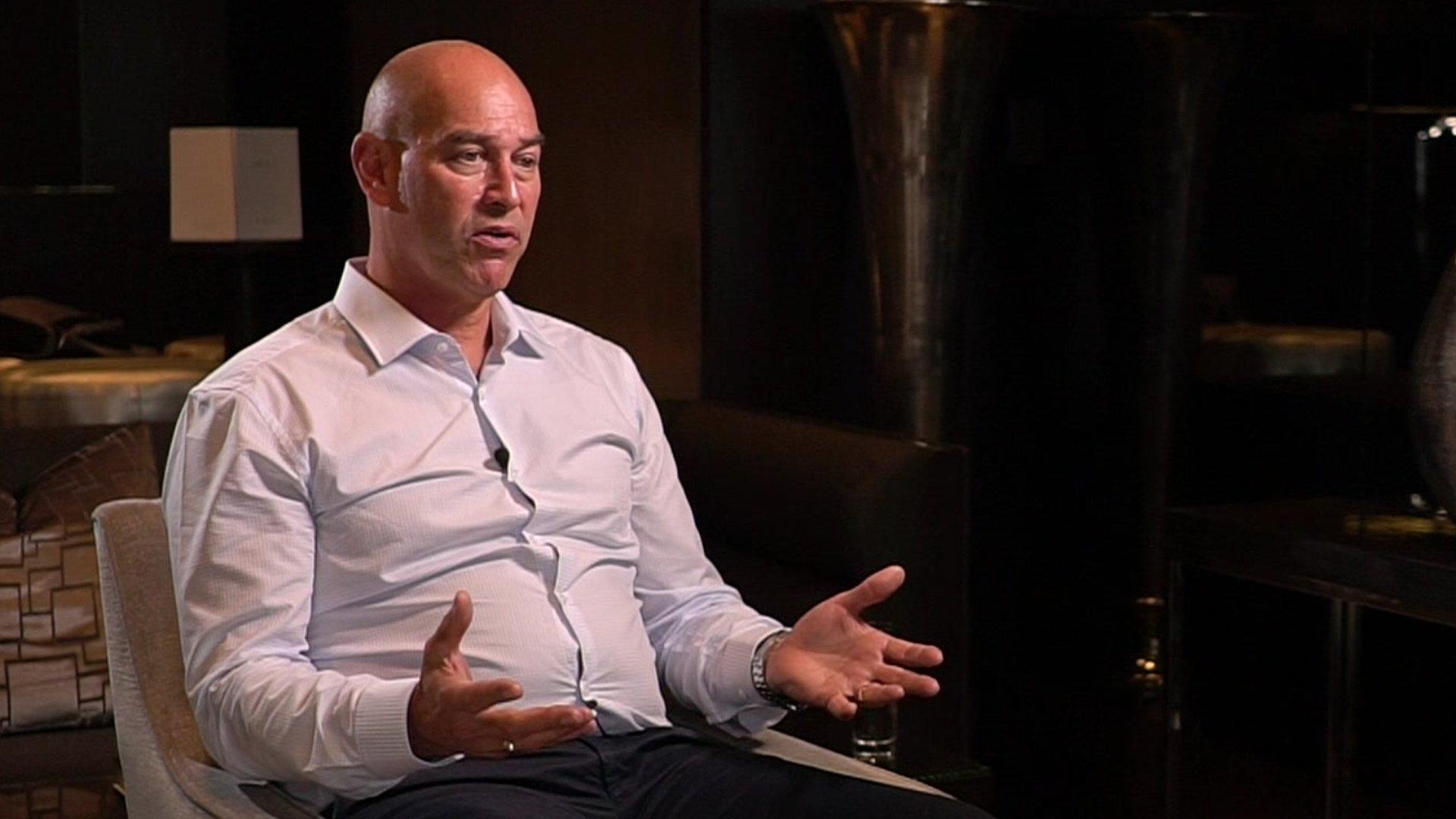
- Published9 August 2017
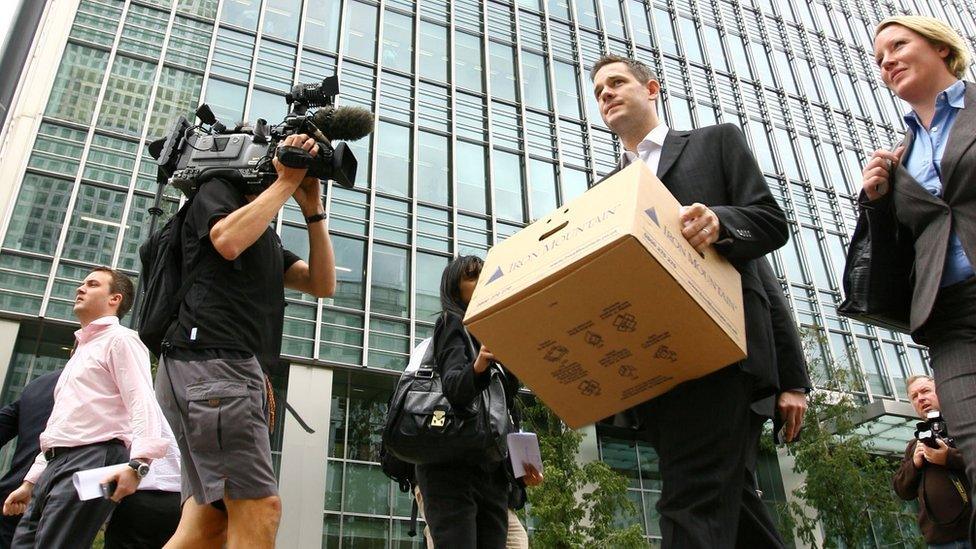
- Published6 June 2017
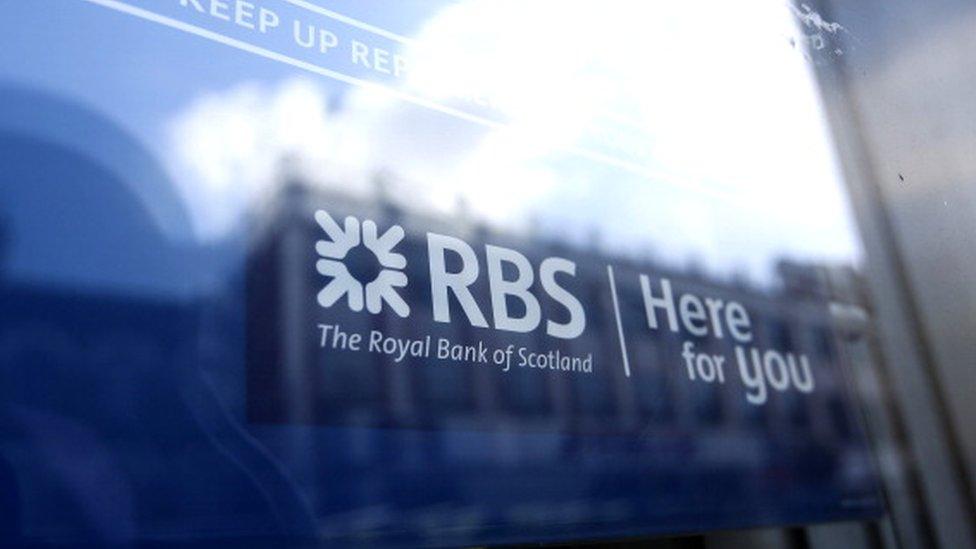
- Published18 May 2017
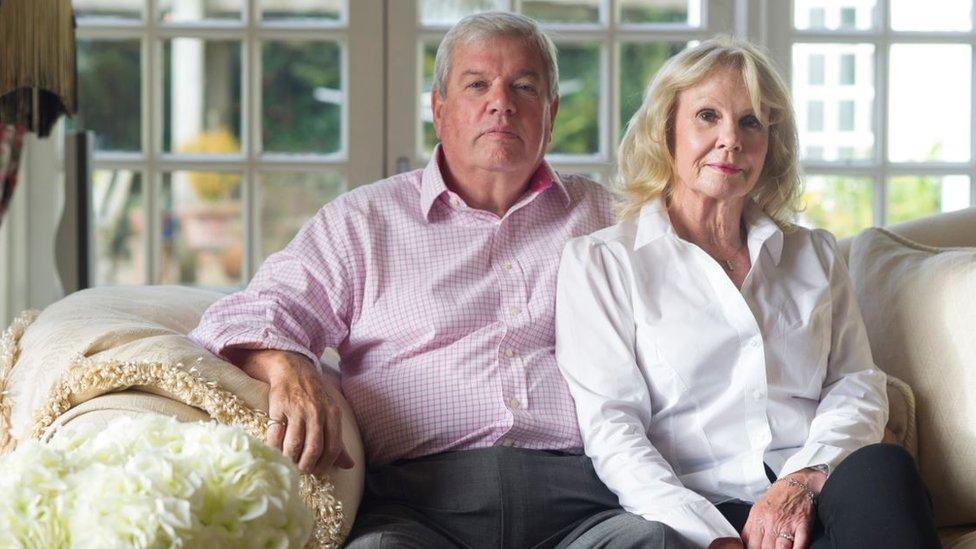
- Published4 August 2017
